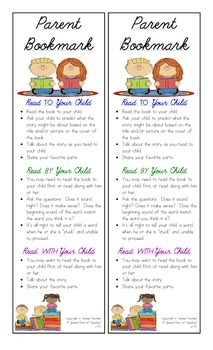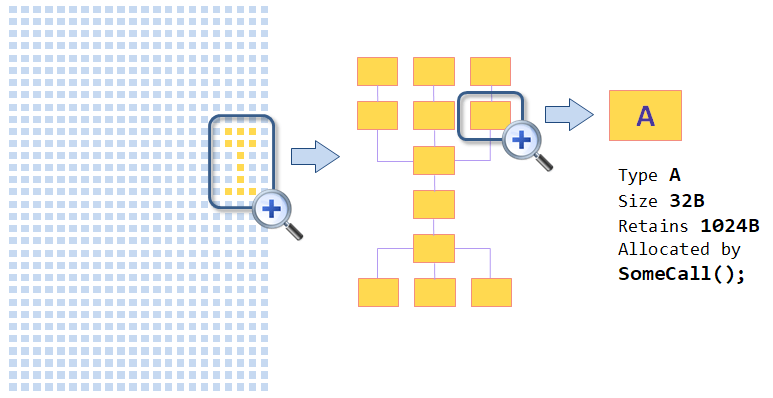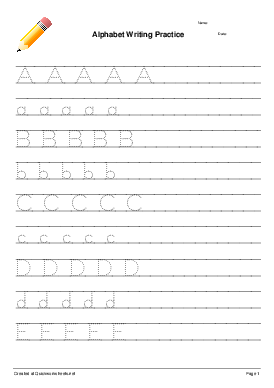Helpful reading tips for parents by miss polka dots
Table of Contents
Table of Contents
When it comes to learning, reading is one of the most important skills for children to develop. However, not all children find reading easy or enjoyable. As a parent, it can be challenging to know how to help your child if they are struggling with reading. In this blog post, we will discuss strategies for parents to help with reading and how you can make reading a positive experience for your child.
The Struggles of Reading
For children who struggle with reading, it can be a frustrating experience. They may feel embarrassed or ashamed that they can’t read as well as their peers or siblings. This can lead to a lack of confidence, which in turn can make reading even more challenging. Additionally, struggling with reading can impact a child’s overall academic performance, as reading is used in nearly every subject. It’s essential for parents to recognize when their child is having difficulties with reading and take steps to address the issue.
Strategies for Parents to Help with Reading
As a parent, you play a crucial role in helping your child develop their reading skills. Here are some strategies you can use to support your child:
1. Make Reading Fun
It’s essential to make reading an enjoyable experience for your child. Start by choosing books that align with your child’s interests. If your child loves dinosaurs, find books about dinosaurs. You can also make reading fun by turning it into a game, such as a scavenger hunt to find words or phrases in a book. By making reading a positive experience, you can help your child develop a love of reading.
2. Read Together
Reading with your child can be a bonding experience for both of you. Take turns reading aloud and ask your child questions about the story. This can help to improve your child’s comprehension skills and also provide an opportunity for you to discuss difficult topics that may arise in the book.
3. Practice, Practice, Practice
Like any skill, reading takes practice. Set aside time each day for your child to read, even if it’s just for a few minutes. This will help to build their reading skills and also establish a routine around reading.
4. Seek Help if Needed
If your child is struggling with reading despite your efforts, don’t be afraid to seek help. Talk to your child’s teacher or a reading specialist to get an assessment of your child’s reading level and to develop a plan to help them improve.
Personal Experience
When my daughter was struggling with reading, I decided to focus on making reading fun for her. We would do silly voices for the characters in the book or act out scenes from the story. By making reading feel less like a chore, my daughter started to enjoy reading more and became more confident in her abilities.
Reading Resources
There are many resources available to help parents support their child’s reading development. Check out local libraries, bookstores, or online resources for reading activities, books, and games.
Reading Intervention
If your child continues to struggle with reading despite your efforts, reading intervention may be necessary. This can include working with a reading specialist or participating in a reading program designed to improve reading skills.
The Importance of Reading
Reading is a vital skill that can impact a child’s academic and personal success. As a parent, it’s essential to recognize when your child is struggling with reading and take steps to help them improve. By making reading fun, reading together, practicing regularly, seeking help when necessary, and using available resources, you can help your child become a confident and capable reader.
Question and Answer
Q: What age should a child start reading?
A: Children can start learning to read as young as 3 years old. However, every child develops at their own pace, so it’s important not to put too much pressure on your child to read before they are ready.
Q: How can I find books that are appropriate for my child’s reading level?
A: Many books are labeled with a reading level, such as a specific grade level or letter level. You can also talk to your child’s teacher or a librarian for book recommendations based on your child’s reading level.
Q: What if my child doesn’t enjoy reading?
A: If your child doesn’t enjoy reading, try to find books that align with their interests. You can also make reading a fun experience by incorporating games or activities related to the book.
Q: Can reading aloud help to improve my child’s reading skills?
A: Yes, reading aloud can be an effective way to improve your child’s reading skills. By taking turns reading aloud and asking questions about the story, you can help your child improve their comprehension skills and build confidence in their reading abilities.
Conclusion of Strategies for Parents to Help with Reading
Reading is an essential skill that can impact a child’s academic and personal success. As a parent, there are strategies you can use to help your child develop their reading skills and make reading a positive experience. By making reading fun, reading together, practicing regularly, seeking help when necessary, and using available resources, you can help your child become a confident and capable reader.
Gallery
Reading Strategies For Parents

Photo Credit by: bing.com /
Ways A Parent Can Help A Child With Reading (Infograph) | Parents As

Photo Credit by: bing.com / reading parent child
900+ Classroom Ideas | Classroom, Early Childhood Curriculums, Teaching

Photo Credit by: bing.com / reading tips child read parents parent letter helping kids children send support classroom strategies information their kindergarten help literacy teachers
Curcionedesigns: Reading Strategies For Parents To Use At Home

Photo Credit by: bing.com / literacy asking retain comprehension fluency
Helpful Reading Tips For Parents By Miss Polka Dots | TpT

Photo Credit by: bing.com / helpful parents reading tips followers





